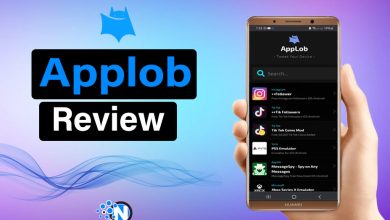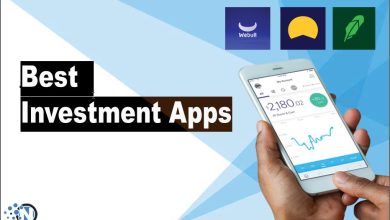Top Trends That Will Dominate Mobile App Development in 2024
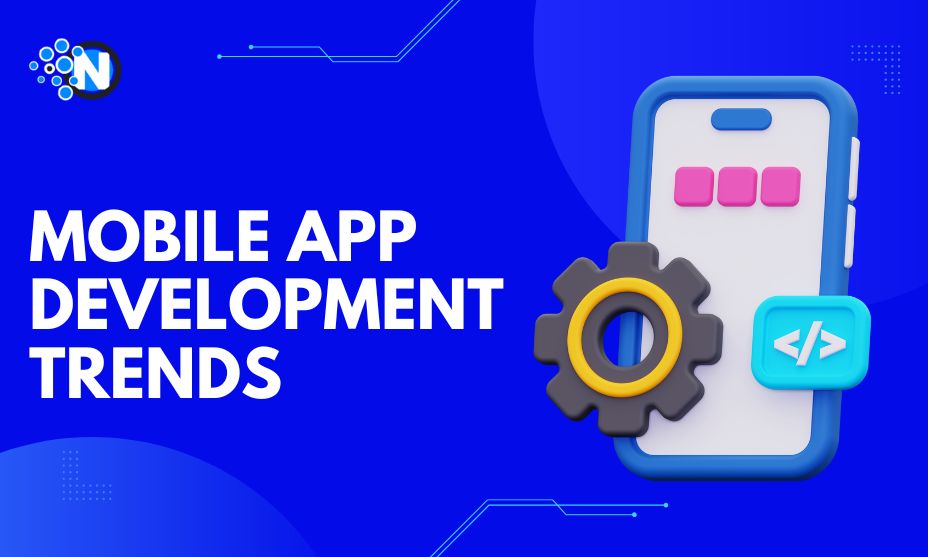
Mobile app development is constantly changing due to new trends and technological innovations. Mobile app usage has increased drastically over the past decade. Every year the mobile app development industry grows by creating new platforms tools and technologies. These apps have become an integral part of our lives, changing the way we manage time and fun activities as well as how we earn money or interact with people.
The mobile app development industry is evolving due to the advancement of technology and contributes to interesting innovations. In this blog post, we will discuss some of the mobile app development trends that are likely to reign in 2024.
1. Augmented Reality
Augmented Reality has become an integral part of mobile app development, and it is likely to gain even more prominence soon. This transformative capability will extend across diverse applications, from gaming and online casinos to educational apps.
Witnessing augmented reality (AR) in action offers insights into its practical applications. In retail and E-Commerce, IKEA Place’s AR app stands out. This innovative tool empowers users to visualize furniture within their homes before committing to a purchase. Another noteworthy example is found in gaming, as exemplified by Pokémon GO.
2. Blockchain Integration
Blockchain integration in mobile app development introduces significant changes. One notable impact is the enhancement of security and privacy within mobile applications. Blockchain technology ensures a more secure environment by providing a decentralized and tamper-resistant system. For instance, healthcare apps can utilize blockchain to safeguard patient records, thus ensuring data integrity and protecting sensitive medical information.
Furthermore, blockchain brings about transparent transactions and the implementation of smart contracts, further streamlining processes within mobile applications. This fosters efficiency and reliability in operations. Mobile payment apps, for example, can leverage blockchain for secure and transparent transactions, thereby reducing fraud and ensuring a dependable payment process.
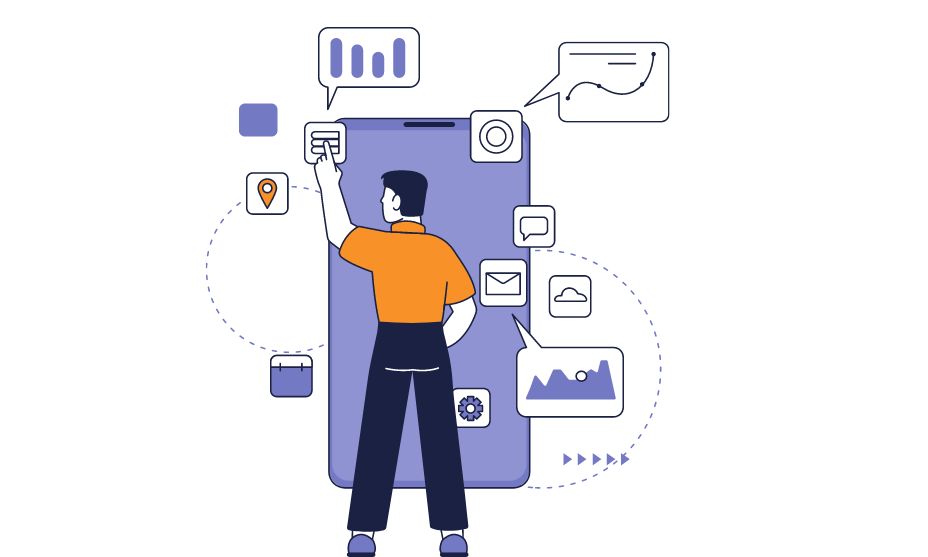
Moreover, blockchain integration will enhance supply chain traceability in mobile apps. Users can now trace the origin and journey of products, contributing to increased transparency in the supply chain. This is particularly valuable for applications like food delivery, where blockchain can track the source and handling of ingredients. This detailed traceability ensures quality and safety for consumers.
3. AI and Machine Learning
In 2024, artificial intelligence and machine learning will have a huge impact on mobile app development as technology advances and the world grows more dynamic. With the aid of developers who integrate tailored user experiences, predictive analytics, and intelligent chatbots, the core attributes of mobile applications are redefined.
AI and ML algorithms can analyze user behavior, preferences and interactions to create highly customized app experiences. For example, Spotify uses ML algorithms to generate playlists that are personalized according to user preferences based on listening habits. These technologies also include AI-enabled chatbots and virtual assistants such as Bank of America’s mobile banking app featuring Erica, which uses artificial intelligence to provide immediate answers on financial queries.
Besides, the NLP technologies will allow apps to understand and react in a natural language that would promote communication and interaction. NLP is used by Duolingo, a language learning app to provide conversational practice with more natural interactions.
Facial recognition and biometrics, driven by AI, can elevate security and user authentication in mobile apps, as seen in Apple Pay integrating facial recognition for secure transactions.
4. 5G Integration
The imminent global rollout of 5G networks promises a paradigm shift in the mobile app development landscape. Its accelerated speeds and minimal latency herald a new era, particularly impacting applications in augmented reality (AR) and virtual reality (VR).
5G integration on mobile app development will enhance app performance and optimized mobile advertisements. Faster download and upload speeds are poised to elevate the overall performance of mobile apps. Loading times will be reduced, promising users a smoother and more efficient experience.
Imagine streaming platforms like Netflix and YouTube benefiting from diminished buffering times, allowing you to indulge in high-quality content without interruptions.
With 5G, the stage is also set for a revolution in mobile advertising. The ability to support richer multimedia content will result in more engaging and interactive ad experiences. Consider the possibilities of social media apps featuring interactive AR advertisements, providing users with captivating experiences that transcend traditional advertising engagement.
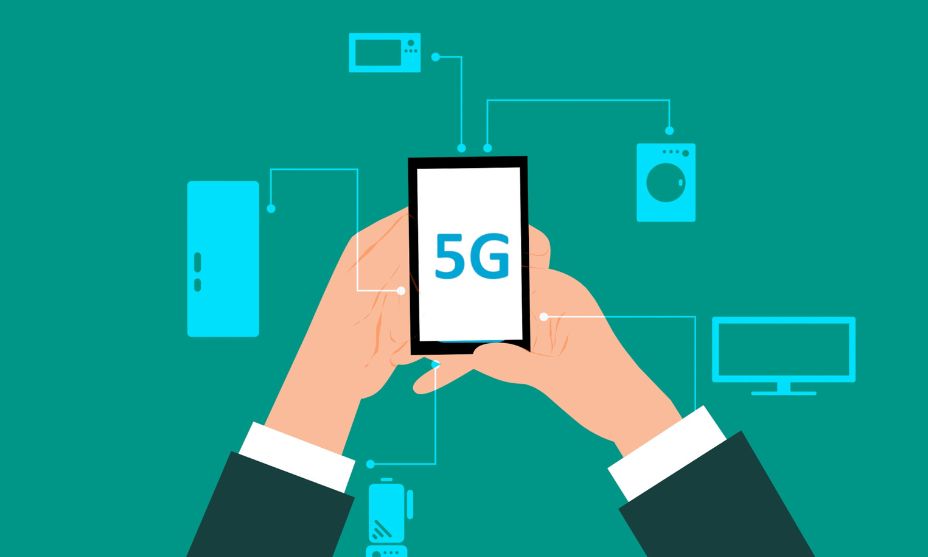
5. Edge Computing
Edge computing is becoming more and more popular as a potent remedy for the drawbacks of cloud-based processing. By bringing data processing moves closer to the source, edge computing lowers latency and boosts the functionality of mobile apps as a whole. Applications like gaming, healthcare, and Internet of Things (IoT) apps that need real-time data processing will find this trend especially important.
This paradigm shift will impact mobile app development, enhancing efficiency in managing IoT devices. Edge computing proves ideal for processing data from IoT devices, improving efficiency and reducing the load on centralized servers. For example, smart home applications can leverage edge computing to process data from connected devices locally, leading to faster response times for home automation.
Furthermore, edge computing guarantees immediate reaction by lowering latency for real-time applications. This is particularly advantageous for online multiplayer gaming apps, as they can use edge computing to process game data locally, reducing latency and improving gameplay.
Conclusion
These mobile app development trends indicate the dynamic growth of the industry as we move through 2024, providing developers and users with exciting new opportunities. Freelance app developers and agencies must stay on top of such trends to develop amazing apps for both consumers and businesses.


